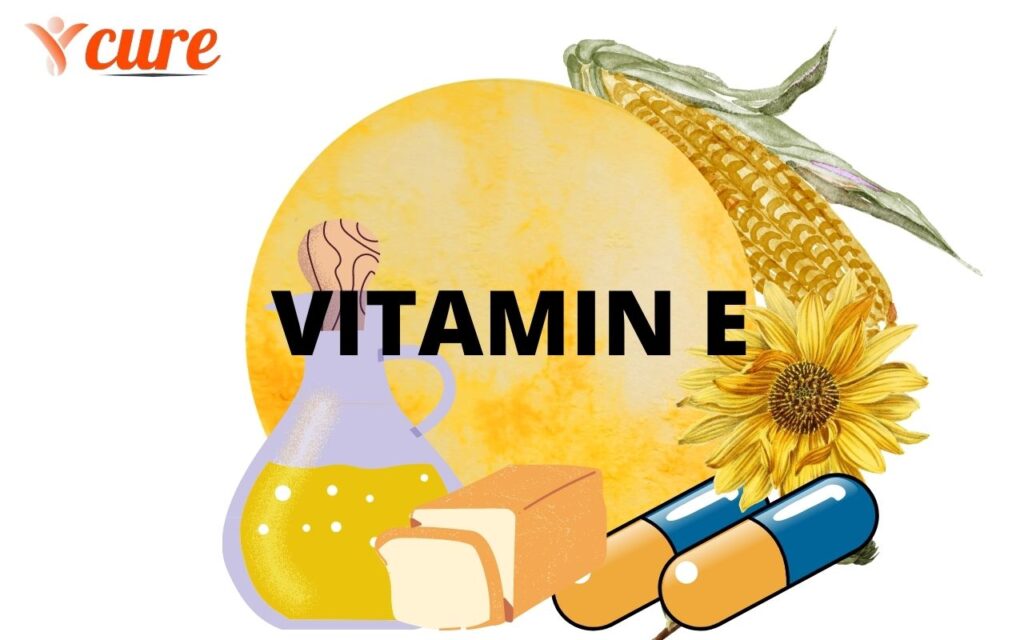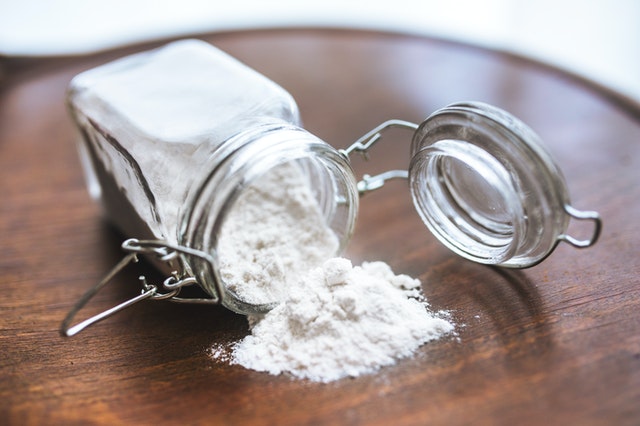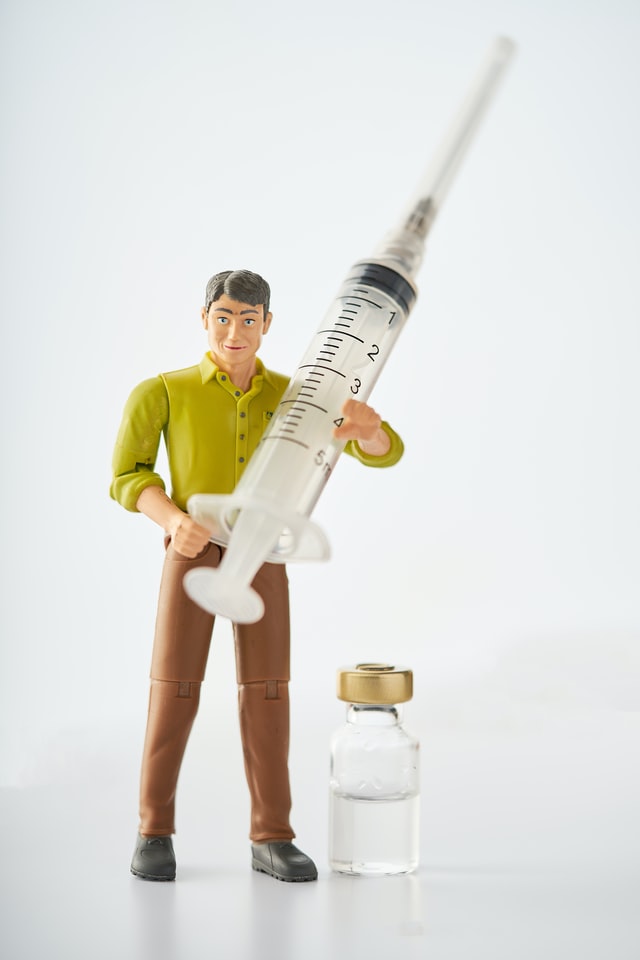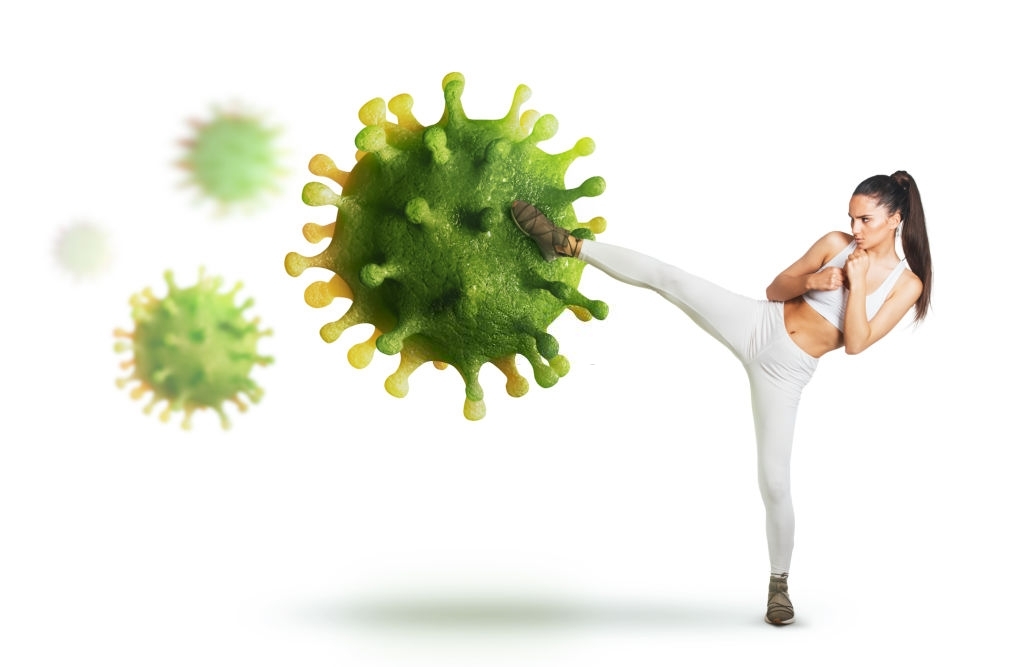White blood cells WBC’s, also called leukocytes, are the body’s innate defense against infections and forms a major part of the immune system. They consume away foreign bacteria and other organisms that attack the body, and they are thus responsible for building and maintaining immunity (the strength of the body to fight infections). Some people may have genetically weaker immune systems; others may have weaker immune systems due to bacterial or viral infections.

- Method 1: consuming right foods
- Method 2: Having Vitamins and other supplements
- Be suspicious of “immune-boosting” products.
- Increase your intake of Zinc.
- Make sure you are consuming enough copper.
- Take adequate vitamin C.
- Be attentive to your vitamin A levels.
- Get vitamin E.
- Try other natural remedies.
- Acknowledge colostrum supplementation.
- Speak to your doctor regarding immunoglobulin injections.
- Method 3 : Adopt a Healthy Lifestyle
Method 1: consuming right foods
Get adequate protein.

A balanced diet assures the proper nutrients reach the bone marrow, where white blood cells are made. Start by eating plenty of protein, which is the most important element of white blood cells. You can gain protein from dairy, eggs, vegetables, and meat.
Pick the right fats.

Avoid saturated fats, but eat lots of unsaturated fats. Saturated fats double the risk of heart disease. Whereas unsaturated fats help in the absorption of fat-soluble vitamins. These “good fats” could be acquired from olive, safflower, soybean, canola, and cottonseed oils.
Eat limited quantities of carbohydrates.

Consuming proper amounts of corn, wheat, and cereals aids to generate the energy required for the body to build white blood cells. However, utilizing excessive amounts of these foods will result in lower levels of T-lymphocytes (and hence lead to lower immune responses).
Include other immunity-boosting foods into your menu.
There are a number of selective foods that can aid. These include:
Garlic
kale, also known as leaf cabbage
Almonds
Navy beans
Blueberries and raspberries
Reishi mushrooms
Yogurt
Green, Matcha, Tulsi and herbal teas.
Let me share my antioxidant recipy with you guys;
Boil 2 cup of water, add loads of ginger, turmeric, and black pepper. Boil them until the quantity becomes half. Add one spoon of lemon juice while serving. Serve hot.
Eat antioxidants.

Vitamins, minerals, and other nutrients are Antioxidants that aid repair damaged cells in the body. Some of the antioxidants are Vitamins C and E, Beta Carotene, Zinc, and Selenium. These nutrients can be obtained in certain fruits or veggies or can be taken along with a supplement.
Beta Carotene is found in broccoli, apricots, beets, green peppers, spinach, tomatoes, carrots, and corn.
Vitamin C is mainly seen in berries, broccoli, nectarines, oranges, strawberries, bell peppers, tomatoes, and cauliflower.
Vitamin E is obtained from broccoli, carrots, nuts, papaya, spinach, and sunflower seeds.
Zinc is usually found in oysters, red meat, beans, nuts, and seafood.
Method 2: Having Vitamins and other supplements
Be suspicious of “immune-boosting” products.

There is no scientific data that proves that increasing the number of immune-fighting cells in the body is a healthy thing. In fact, in some cases, increasing the number of several “good” cells in your body can develop the risk of stroke. Medically articulating, the best thing you can do for your immune system is to live a healthy usual lifestyle and get proper and appropriate medical treatment for illnesses and infections.
Increase your intake of Zinc.

Zinc is one of the most essential components of enzymes present in white blood cells, and a deficiency of zinc can lead to a weaker immune system. You can get zinc from fish, meat, milk, and various other foods. Supplements are also available, but consulting your doctor before taking them regularly would be preferable advice.
Read our article on Know how to overcome zinc deficiency in the body?
Make sure you are consuming enough copper.

Our body needs a very little amount of copper to be healthy (the total amount of copper in a healthy adult body is only around 75-100 milligrams), but it does play a very crucial role in immune and metabolic function, neutralizing free radicals and perhaps even reducing some of their harmful impacts.
You can get copper from, green leafy vegetables, organ meats, and cereals.
It has been said that too much copper can make it act as a pro-oxidant in your body, and in larger quantities, it may contribute to the development of Alzheimer’s disease. As such, you should exercise care and be sure to verify with your doctor before increasing your copper intake.
Take adequate vitamin C.

Vitamin C boosts your white blood cell count and magnifies the cells’ effectiveness. It is also an antioxidant, that prevents the destruction of existing white blood cells in your body.
In addition to supplements, you can receive vitamin C from oranges, berries, and other citrus fruits.
For an adult human being, tolerable upper intake levels of vitamin C are about 2,000 mg.
Be attentive to your vitamin A levels.

Vitamin A is also an antioxidant and boosts your immune system to function more effectively. Apart from supplements, you can receive vitamin A from carrots, tomatoes, chilis, and squash.
Get vitamin E.

Vitamin E, like vitamins A and C, is an antioxidant and is also essential for your skin and eyesight. Apart from supplements, you can find vitamin E in olive oil, nuts, and some fruits and vegetables.
Try other natural remedies.

Ginseng, green tea, and aloe vera are all supposed to boost your white blood cell count.
Selenium is obtained from tuna, and Brazil nuts.
Acknowledge colostrum supplementation.

If you have a weak immune system, you may require supplementation. Colostrum powder containing immunoglobulins is a suitable option since it is available over the shops (without a prescription) in the form of capsules for oral consumption. For most people, a month of consumption is sufficient every five years.
Speak to your doctor regarding immunoglobulin injections.

If you have an unusually weak immune system, you may need intravenous injections of immunoglobulins (polyvalent IgG antibodies) derived from donor human blood. This should always be taken by a doctor’s advice and only if you have primary immune deficiencies, severe inflammatory diseases, autoimmune diseases, or acute infections.
Method 3 : Adopt a Healthy Lifestyle
Have a healthy diet.

Several people only think about their health when it is actually in danger; please don’t do this mistake, don’t wait till you are ill or injured to care for your body.
Making healthy food choices on an everyday basis is one of the best ways to preserve your cardiovascular health, enhance your energy levels, and keep your bones and muscles strong. A healthy diet should be rich in fruits, veggies, and lean proteins, and low in excess fat, sugar, and alcohol.
Citrus fruits like oranges, tomatoes, and tangerines contain Vitamin C, which assists protect the immune system.
Consume chicken, salmon, tofu, and other lean meats. These foods are abundant in protein without the extra fat that is found in red meats and shrimp. Other protein sources include kidney beans, black beans and quinoa.
Exercise routinely.

Exercise improves your cardiovascular health and decreases the likelihood of specific chronic diseases. Also, it improves the flow of blood through various parts of the body, and it improves the body’s excretion of harmful metabolites, helping your immune system function accurately, and may even reduce your chances of getting heart disease, osteoporosis, and cancer. So walk, run, bike, swim — whatever makes you moving!
Adolescents and children aged 6-17 should do 60 minutes of exercise per day. Most of this time should be used doing aerobic activities, while the rest of the time should be spent having muscle-toning activities.
Adults aged 18-64 require at least 150 minutes (2 hours and 30 minutes) of aerobic exercise per week and at least two days every week of muscle-strengthening exercises such as weight lifting.
Older adults aged 65 or more with no present medical conditions should do at least 150 minutes (2 hours and 30 minutes) of mild to moderate exercises like brisk walking, and two or more days of muscle-strengthening activities.
Quit smoking.

Smoking harms almost every organ of the body, weakens your immune system, and raises the likelihood of stroke, heart attack, and lung cancer.
HOW?
Nicotine binds to hemoglobin in the blood in preference to oxygen, decreasing its ability to carry oxygen to individual cells of the body. Moreover, smoking exposes the body to carcinogenic tar and chemicals, which results in an increased risk of infections by placing your immune system into overdrive.
Drink plenty of water.

Water helps stimulate your muscles, improve your bowel function, and balance the fluid levels of the body. Thus one should consume 8 glasses of water each day.
Avoid satisfying your thirst using soda, alcohol, tea, or coffee, as these drinks actually dehydrate you.
Restrict alcohol consumption.

When the alcohol is metabolized in the body, it results in the production of harmful chemicals, that can destroy white blood cells. Alcohol also reduces the absorption of many minerals and vitamins, adversely affecting white blood cell count

Have at least 6-8 hours of sleep each night.

Gaining sufficient sleep not only elevates your mood and energy levels, but it also prevents strokes and helps you maintain your weight. Adequate deep sleep also helps the cells regenerate and replenish and is thus necessary if you want to have a healthy immune system.
Take routine medical screening tests.
This will help detect illnesses early on so that you can get the most efficient treatment.
Stay hygienic.
Hygiene goes beyond seeming and smelling your best. However, practicing proper precautions can help prevent the onset and spread of infections or other illnesses.
Wash your hands regularly with water and soap. This helps to get rid of any dirt, dust, germs, or bacteria you may have accumulated throughout the day. You should clean your hands after using the restroom, before, after, and while cooking food, after managing animals or animal waste, and before eating.

Shower daily.
If you don’t want to wash your hair each day, then invest in a shower cap and wash your body with soap and water. Use a body sponge to remove excessive dirt and dead skin cells.
Brush your teeth 2 times a day, and floss every night. This will help prevent gum diseases like Gingivitis.
Handle stress effectively.
Stress isn’t just an emotion; it has physical effects, and chronic stress can negatively affect your immune system. Moreover, stress strains the body’s resources, which can reduce the function of your immune system.
Overcoming stress can be carried out in two ways, and will ideally include a little of both. Avoid the things, activities, and people that cause you excessive stress, if possible. While this will help, you must also learn how to cope with the unavoidable ups and downs of life in a healthy way. Spend time doing relaxing exercises like meditating, dancing, or yoga.
If you believe you have chronic stress, consider consulting a therapist or other professional to help you manage your condition.
Take care, stay healthy and safe.
Continue reading more : How to get a little healthier, while just being as lazy?





